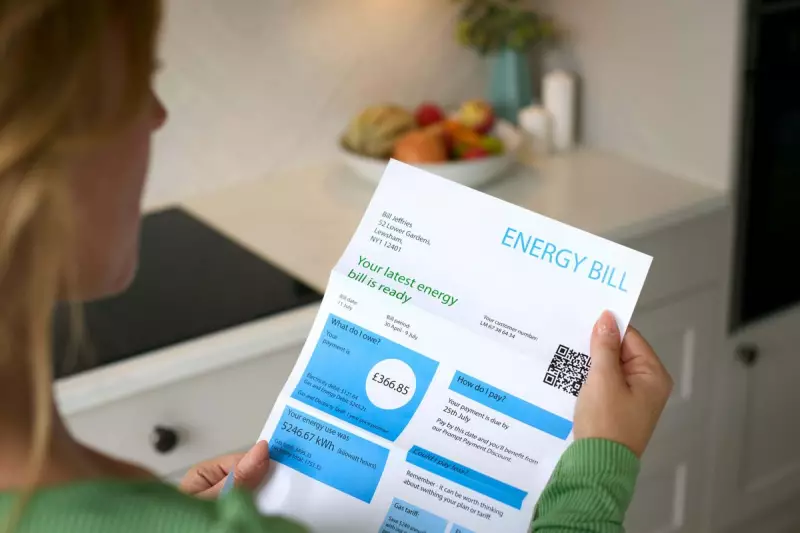
Millions of British households are haemorrhaging money through invisible energy drains, with new research revealing that 'phantom power' from idle appliances is costing consumers a staggering £1.7 billion annually.
The Silent Bill-Inflaters in Your Home
While most families focus on obvious energy guzzlers like heating and lighting, a hidden army of devices continues to consume electricity even when supposedly switched off. From gaming consoles left on standby to phone chargers remaining plugged in, these 'vampire devices' are silently adding pounds to energy bills across the country.
Most Common Energy Vampires
According to energy experts, the worst offenders include:
- Gaming consoles left in standby mode
- Set-top boxes and smart TVs on constant standby
- Phone and laptop chargers left plugged in without devices
- Smart speakers and virtual assistants running 24/7
- Kitchen appliances with digital displays
Simple Solutions for Significant Savings
The good news is that combating phantom energy drain requires minimal effort but delivers maximum returns. Energy specialists recommend:
- Using smart plugs that can be scheduled to cut power completely
- Creating charging stations with individual switches
- Unplugging devices fully when not in use for extended periods
- Investing in energy-efficient replacements for older appliances
With the average household potentially saving up to £110 per year by addressing phantom energy waste, this represents one of the easiest ways to reduce energy bills without sacrificing comfort or convenience.
A Growing Concern During Cost of Living Crisis
As energy prices remain historically high, eliminating unnecessary power consumption has become crucial for household budgets. Many families are unaware that they're paying for electricity they're not actively using, making phantom energy one of the most insidious contributors to the cost of living crisis.
Energy experts emphasise that while individual devices may consume small amounts, the cumulative effect across multiple appliances creates a significant financial drain that most households can ill afford.





